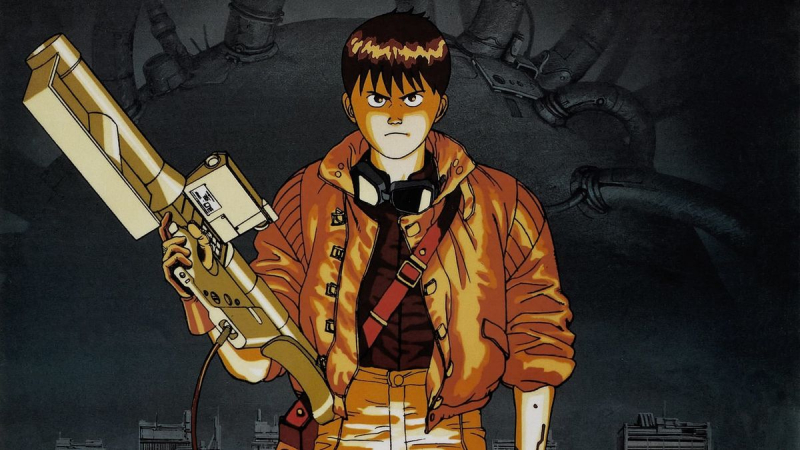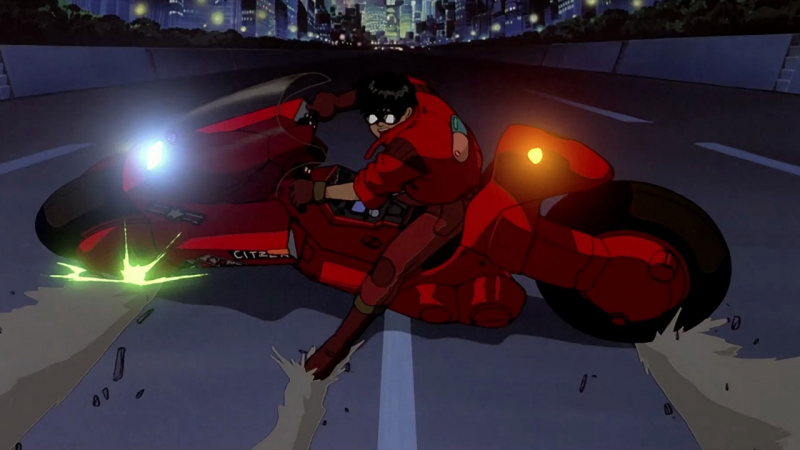Akira
Neo-Tokyo was reconstructed 30 years after a catastrophic disaster, but the forces responsible for that tragedy learned nothing from that experience. The anime film "Akira" from 1988 is one of the genre's pillars, proving that the medium could present a gripping tale with hallucinogenic moralizing to boot. In "Akira," as in "Scanners," the military seeks to unleash a small fleet of psychologists, with their few achievements being known as Espers. Decades later, after their most powerful invention - Akira - blasted everything to pieces, the Japanese Defense Department hunkered down and reflected on that disaster: "What's the deal? Let us do it again." As the film continues to demonstrate, this plan does not go well.
There are some examples of the strength of brotherhood in "Akira", and for aficionados of dystopian movies, Tetsuo presents the most hideous changes outside of a typical guro film. With terrorist acts and gang violence rocking the enormous metropolis, society as a whole is failing. The fact that our heroes are gang members might add an ethical dimension to their actions.
The conclusion of the film is as cryptic and hallucinogenic as the conclusion of Kubrick's "2001"; the subsequent manga by Katsuhiro Otomo might provide viewers with a greater understanding of what's going on.
Year of Release: 1988
Rotten Tomatoes Score: 90%










